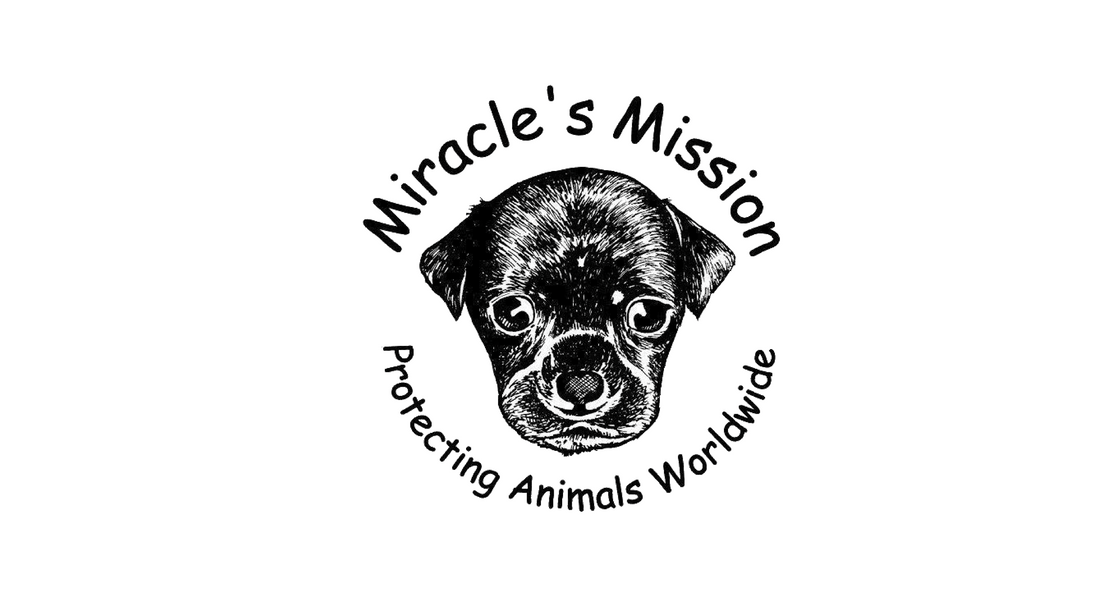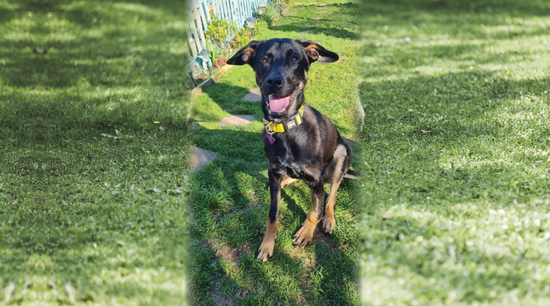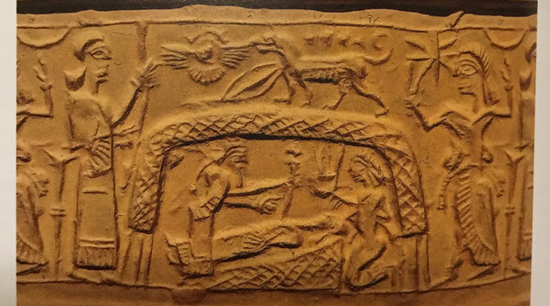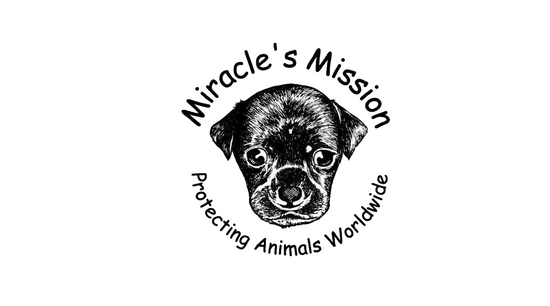Miracle’s Mission is a special-needs pet rescue that is based in the UK. They focus on taking in and rehabilitating pets who have had rough starts to their lives, including many special needs and critically ill dogs and cats. Those in their care have a wide variety of ailments, from minor conditions such as poor sight or semi-incontinence, to more serious conditions such as amputations and paralysis due to disease and abuse. Miracle’s Mission is dedicated to caring for as many as they can and finding them the right home.

So how did this rescue get started? It all began with one trip to Borneo where Founder, Victoria Bryceson, saw first-hand what street life was really like for many dogs. While local shelters did their best to care for street dogs, it was an uphill battle since so many dogs were not neutered or spayed, allowing the stray dog population to continuously grow. These strays did not have anywhere to call home or anyone who was willing to provide continual care, many of whom had otherwise easily preventable diseases, such as mange and ringworm.
After seeing the poor state of these animals, Miracle’s Mission was created to help provide those strays in critical conditions with the long-term medical care that they need so desperately. One of the first lucky dogs to call Miracle’s Mission home was a puppy aptly named “Miracle”. She was a one week old puppy born on the streets of Borneo, she and her littermates were abandoned in a remote area where they became seriously ill, contracting various parasites and infections. Miracle’s Mission scooped the puppies up and began to try to nurse them to health but Miracle was the only one to overcome the severity of the situation. She grew up to be a strong, healthy dog and is now the leader of the pack at Miracle’s Mission.

Since its founding in 2015, Miracle’s Mission has helped to rescue, rehabilitate, and rehome hundreds of dogs and cats from across the world, including Borneo and Egypt. At Barque & Bau, we are proud to support rescues such as Miracle’s Mission by helping to reduce the cost of emergency and routine veterinary expenses as well as long-term medical devices, such as pet prosthetics, braces, and wheelchairs.





